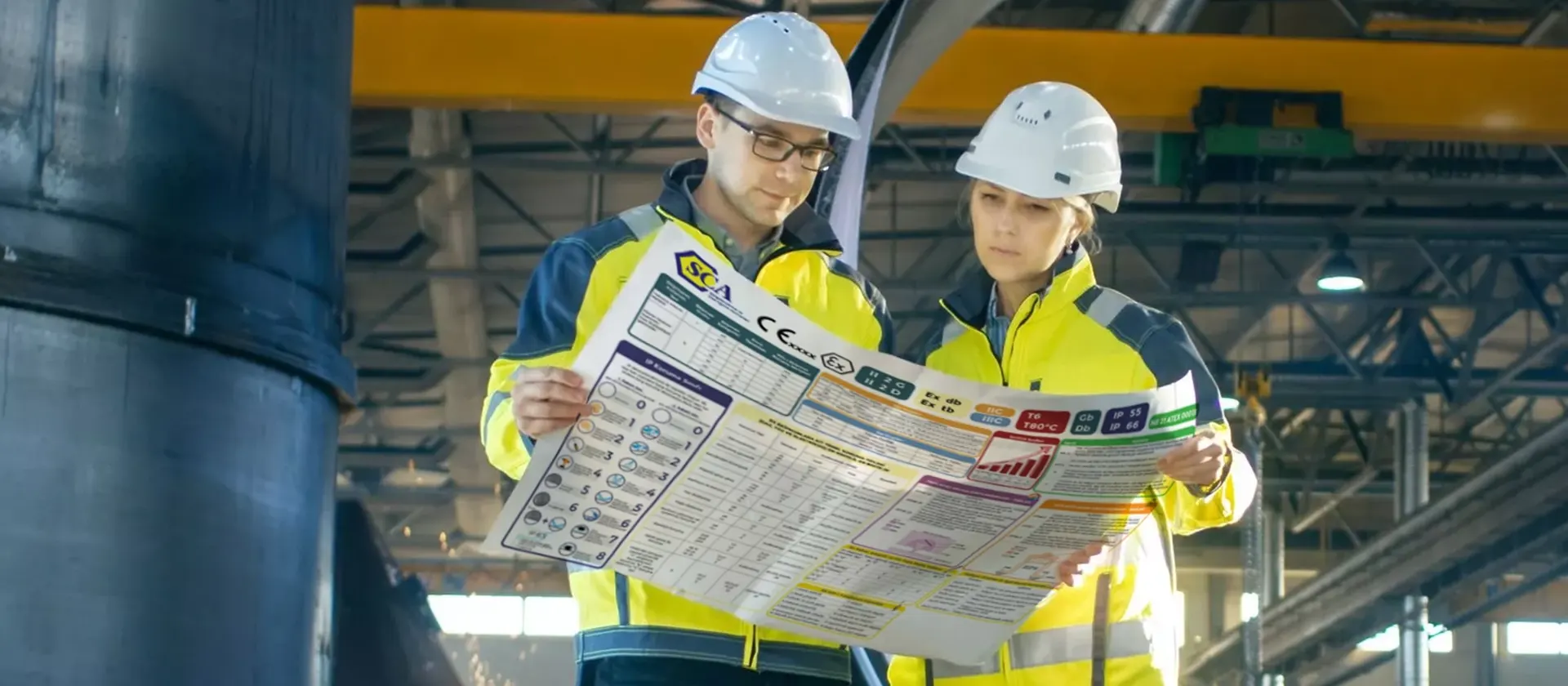ASTM F606 Fastener Mechanical Certification Testing
The ASTM F606 standard is a crucial document within the field of metallurgy and material testing. This standard provides detailed procedures for the mechanical certification testing of fasteners, which are critical components in various industries such as aerospace, automotive, construction, and manufacturing. The test parameters outlined by this standard ensure that fastener performance meets stringent requirements to prevent failures under load.
ASTM F606 covers a variety of tests including tensile strength, shear strength, and torque-to-tensile testing. These tests are essential for verifying the mechanical properties of fasteners such as bolts, screws, and nuts. The standard specifies the specimen preparation methods, test apparatus, and acceptance criteria to ensure accurate and reliable results.
The ASTM F606 certification process involves several key steps. First, the fastener is carefully prepared according to the specified requirements in the standard. This includes cleaning the surface of the fastener and ensuring that it meets the dimensional tolerances outlined in ASTM F606. Next, the test apparatus must be calibrated and verified to ensure accurate testing.
The mechanical tests are then conducted under controlled environmental conditions. The tensile strength test measures how much force can be applied before the fastener breaks. Shear strength tests determine the resistance of the fastener to shearing forces. Torque-to-tensile testing ensures that the fastener maintains its strength and integrity when subjected to torque stresses.
The results of these tests are meticulously recorded and analyzed. The data is compared against the acceptance criteria specified in ASTM F606. If the test results meet or exceed the required standards, the fasteners are certified as compliant with this standard. Compliance with ASTM F606 ensures that the fasteners can be trusted to perform reliably under real-world conditions.
Understanding the importance of these tests is crucial for quality managers and compliance officers. By ensuring that fasteners meet the strict requirements set by ASTM F606, they help prevent potential failures in critical applications. R&D engineers also benefit from this testing process as it allows them to refine their designs and improve product performance.
For procurement professionals, knowing about ASTM F606 certification is essential for selecting reliable suppliers. Suppliers who offer products certified to this standard can be trusted to provide high-quality fasteners that meet the necessary mechanical properties. This ensures that the final products are safe and dependable in their intended applications.
- Calibration of test apparatus: Ensuring accurate testing results.
- Specimen preparation: Following strict guidelines to prepare specimens for testing.
- Data analysis: Comparing test results against acceptance criteria specified in ASTM F606.
The ASTM F606 certification process not only ensures the mechanical integrity of fasteners but also enhances overall product quality. By adhering to this standard, manufacturers and suppliers can gain a competitive edge by offering products that are trusted and reliable in their respective industries.
Benefits
The benefits of ASTM F606 Fastener Mechanical Certification Testing extend across various sectors including aerospace, automotive, construction, and manufacturing. By ensuring compliance with this standard, manufacturers can improve product quality, enhance customer satisfaction, and reduce the risk of failures in critical applications.
Increased Product Quality: The mechanical certification testing process ensures that fasteners meet stringent performance requirements. This results in higher-quality products that are more reliable and durable.
Enhanced Customer Satisfaction: By providing compliant fasteners, manufacturers can build trust with their customers. This leads to increased customer satisfaction and loyalty.
Risk Reduction: Compliance with ASTM F606 helps reduce the risk of product failures in critical applications. This ensures that products perform reliably under real-world conditions.
Competitive Edge: Offering products certified to this standard can provide a competitive edge in the market, as it demonstrates commitment to quality and reliability.
In addition to these benefits, ASTM F606 certification also enhances safety. In industries where fasteners are critical components, such as aerospace and automotive, ensuring compliance with this standard is paramount. By adhering to the mechanical testing procedures outlined in ASTM F606, manufacturers can help prevent potential accidents caused by fastener failures.
Compliance with ASTM F606 also ensures that products meet industry-specific requirements. This is particularly important for industries where quality and reliability are critical factors, such as aerospace, automotive, construction, and manufacturing.
Why Choose This Test
Selecting the appropriate testing method is crucial when it comes to ensuring the mechanical integrity of fasteners. ASTM F606 Fastener Mechanical Certification Testing offers several advantages over other methods that may be used for similar purposes.
Precision and Reliability: The tests conducted under ASTM F606 are highly precise and reliable, providing accurate results every time. This ensures that the fasteners meet the necessary mechanical properties, enhancing overall product quality.
Industry-Recognized Standard: Compliance with ASTM F606 is widely recognized within the industry. This means that suppliers who offer products certified to this standard are trusted by customers and peers alike.
Comprehensive Testing: The mechanical certification testing process covers a wide range of tests, including tensile strength, shear strength, and torque-to-tensile testing. This ensures that fasteners meet all necessary requirements for reliable performance in critical applications.
Safety Assurance: In industries where fastener failures can lead to serious consequences, such as aerospace and automotive, ensuring compliance with ASTM F606 is essential. This helps prevent potential accidents caused by fastener failures.
Industry-Specific Requirements: The mechanical testing procedures outlined in ASTM F606 are tailored to meet the specific requirements of various industries. This ensures that products are compliant with industry-specific standards and regulations.
Trustworthiness: By adhering to this standard, manufacturers can demonstrate their commitment to quality and reliability. This enhances trustworthiness and credibility in the market.
In conclusion, choosing ASTM F606 Fastener Mechanical Certification Testing is a wise decision for any manufacturer looking to ensure the mechanical integrity of fasteners. The precision, reliability, industry recognition, comprehensive testing, safety assurance, compliance with specific requirements, and enhanced trustworthiness make this method an excellent choice.





